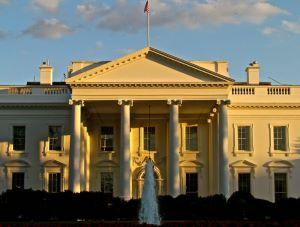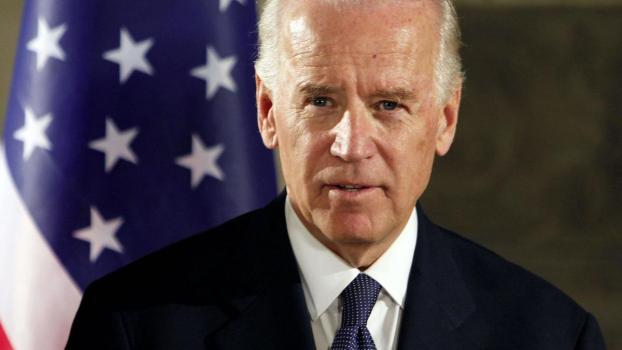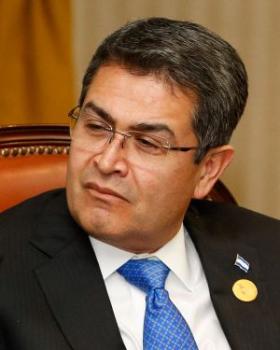
The annual list of naughty and nice drug producing and trafficking nations is released. (Creative Commons)
White House Issues Annual Drug Countries List, CA Governor Signs Forced Treatment Bill, More... (9/16/22)
A federal appeals court shoots down yet another effort to move marijuana off Schedule I, new research finds prentant Black women are more likely to be tested for marijuana, and more.








